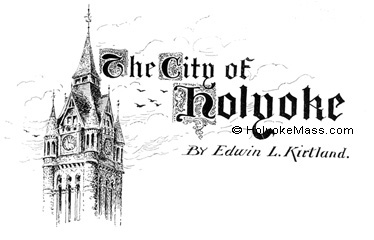Adapted from New England Magazine
1898

These conditions, apparently fixed by countless generations of unprogressive existence, awaited the advent of the forefathers and another civilization.
It was but a few years after the settlement of Plymouth and Boston before many began to be dissatisfied with local conditions and only awaited favorable occasion to try their fortune further westward. The Indians situated near the two colonies had been peaceful and faithful to the colonists, who had bought the land upon which they settled and otherwise treated them with kindness and consideration; but
© Laurel O'Donnell 1998 - 2006, all rights reserved
This document is an edited adaptation of the original publication and
may be downloaded for personal non-commercial use only.
These pages should not be reproduced or distributed in any format without permission.
|